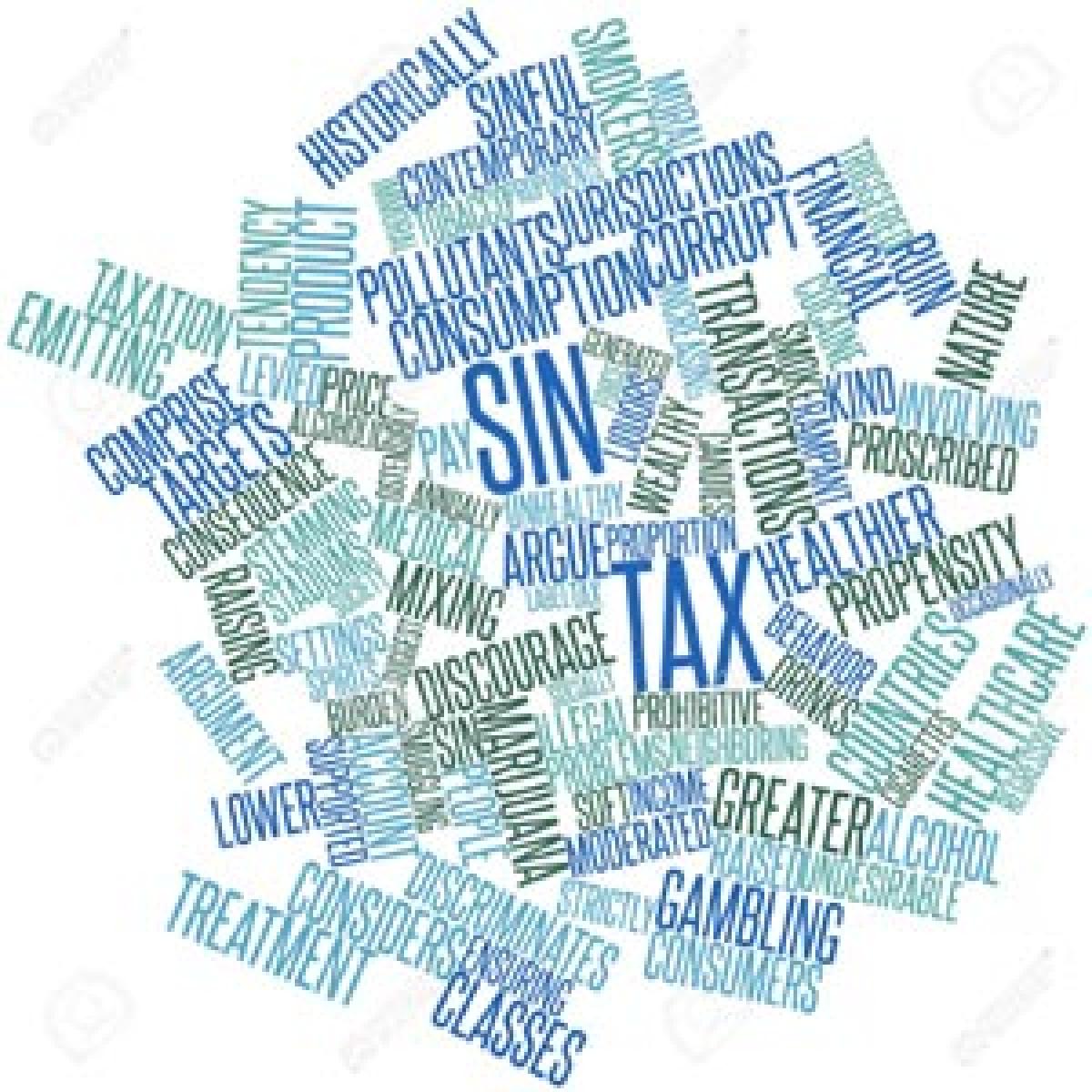What is sin tax?

A sin tax is an excise tax specifically levied on certain goods deemed harmful to society, for example alcohol and tobacco, candies, drugs, soft drinks, fast foods, coffee, and gambling. Two claimed purposes are usually used to argue for such taxes.
A sin tax is an excise tax specifically levied on certain goods deemed harmful to society, for example alcohol and tobacco, candies, drugs, soft drinks, fast foods, coffee, and gambling. Two claimed purposes are usually used to argue for such taxes.
In contrast to Pigovian taxes, which are to pay for the damage to society caused by these goods, sin taxes are used to increase the price in an effort to reduce their use, or failing that, to increase and find new sources of revenue. Increasing a sin tax is often more popular than increasing other taxes.
Proponents argue that the consumption of tobacco and alcohol, the behaviors associated with consumption, or both consumption and the behaviors of consumption, are immoral or "sinful", hence the label "sin tax" For long, these taxes have been criticized for burdening the poor and being part of a nanny state. Revenue generated by sin taxes supports many projects imperative in accomplishing social and economic goals.
American cities and counties have utilized funds from sin taxes to expand infrastructure, while in Sweden, the tax on gambling is used for rehabilitating people with gambling problems. Acceptance of sumptuary taxes may be greater than income tax or sales tax. However, sin taxes fail to affect consumers' behaviors in the way that tax proponents suggest.
Increasing the smokers' propensity to smoke high-tar, high-nicotine cigarettes when the per-pack price is raised and increasing the rate of people mixing their own drinks rather than buying pre-mix alcoholic spirits have had no impact, whatsoever. In contrast, they have historically triggered rampant smuggling and black markets, especially when they create large price differences in neighboring jurisdictions.
Critics of sin tax argue that it is a regressive tax in nature and discriminates against the lower classes, since taxation of a product such as alcohol or cigarettes does not account for ability to pay, therefore poor people pay a greater amount of their income as tax.








